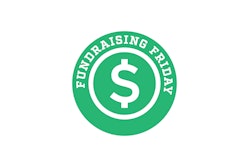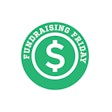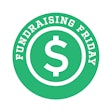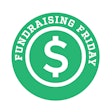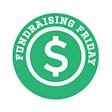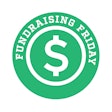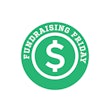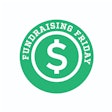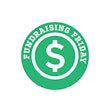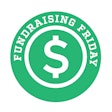Many deaf athletes are as good as Olympic athletes. The only difference is we get much less training. A lot of that has to do with funding.
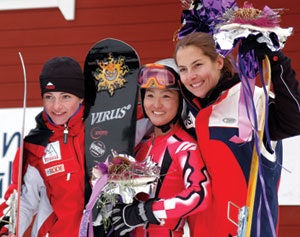
"We are now running on a $1.4 million budget," says Dwight Benedict, chairperson of the organizing committee for the Deaflympics Winter Games, via a sign-language interpreter. "We would love to have $2 million, but we can live with $1.4 million. We are financially ready for the competition." Benedict expects 375 athletes from 24 countries and up to 5,000 spectators to descend on Salt Lake City.
The state has lent its support in the form of a $100,000 grant from the Utah Department of Tourism to promote the Deaflympics, but the Utah Sports Commission has not warmed to the idea. "We don't see a large economic impact and image-building opportunity with the Deaflympics," Jeff Robbins, the commission's president and chief executive officer, told The Salt Lake Tribune in October.
Neither, apparently, do other promotional entities. The Games will not be televised, and financial support from the United States Olympic Committee has vanished. The USOC provided the USA Deaf Sports Federation between $150,000 and $225,000 for each of the previous three Deaflympics Winter Games (1995, 1999 and 2003), which was used to cover transportation, hotel, meal and apparel expenses for members of the U.S. team, says Jeff Lewis, former Deaflympics Winter Games director and this year's vice chair for competition and venues.
While Deaflympics organizers would like to receive more assistance from the USOC, committee spokesman Darryl Seibel claims the USOC has already proven its commitment to the International Committee of Sports for the Deaf (which organizes the Deaflympics) by licensing the "lympics" suffix when the event changed its name from the Deaf World Games in 2001. The USOC also encourages current Olympics corporate sponsors to pursue partnerships with the Deaflympics. "Those are significant expressions of support," Seibel says. However, Deaflympics organizers are not allowed to accept sponsorships from competitors of USOC sponsors - a stipulation Benedict says forced him to turn down $50,000 from Sprint, because AT&T is an Olympics sponsor.
Because of funding challenges, each of the 60 or so athletes in the U.S. contingent set to compete at next month's Games initially was required to generate $5,800 through local sponsorships and other networking to defray expenses - a figure that was adjusted three times, finally falling to $2,800 after United Airlines offered to cover airfare. "For the athletes to train and prepare for the Games while fund-raising at the same time is a seemingly insurmountable challenge," says Billy Bowman, the Deaflympics' U.S. winter team director, through a sign-language interpreter. "Some of them paid quite a bit out of their own pocket, because they don't want to deal with the hassle."
The plight of the Deaflympics and Deaflympians offers insight into the special needs of deaf athletes, who not only require coaches who can sign (often, they too are deaf) but interpreters to ease communication between hearing and non-hearing athletes and officials in mainstream competition. "Many deaf athletes are as good as Olympic athletes," says Bowman, who played basketball and baseball both for coaches who knew sign language and at schools for the deaf. "The only difference is we get much less training. A lot of that has to do with funding."














